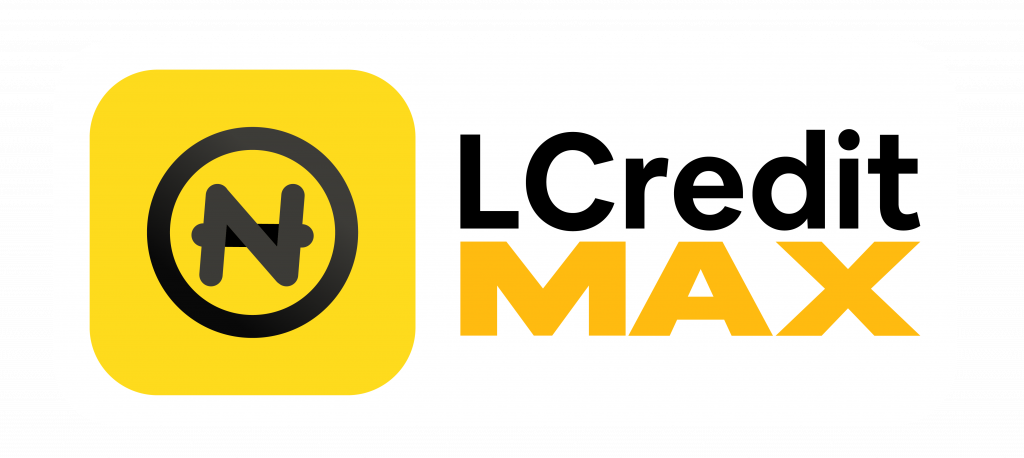Nigeria, as one of the largest economies in Africa, boasts a vibrant ecosystem of small and medium-sized enterprises (SMEs) that are crucial for its economic development. However, one of the main barriers these businesses face is access to financing. This article explores the loan options available for small businesses in Nigeria and offers practical tips for accessing them.
Loan Options for Small Businesses in Nigeria
Commercial Banks: Commercial banks in Nigeria, such as Access Bank, Zenith Bank, and GTBank, offer a variety of loan products specifically designed for SMEs. These loans can be short-term, medium-term, or long-term and often require collateral.
Development Banks and Microfinance Institutions: Institutions like the Bank of Industry (BOI) and the Development Bank of Nigeria (DBN) provide loans to SMEs with lower interest rates and longer repayment terms. Microfinance institutions, on the other hand, focus on small, unsecured loans for micro-enterprises.
Government Loans: The Nigerian government has implemented several financing programs to support SMEs. Examples include the NIRSAL Microfinance Bank (NMFB) and the Youth Fund, which offer loans at subsidized rates.
P2P Lending Platforms: Peer-to-peer (P2P) lending platforms like Renmoney and Kiakia directly connect borrowers and lenders, offering a more flexible alternative to traditional bank loans.
Fintechs: Fintech companies like Paylater and Carbon have revolutionized access to loans through the use of digital technologies. These platforms offer quick loans with simplified application processes and no need for physical collateral.
Cooperatives and Credit Unions: Cooperatives and credit unions (also known as esusu or ajo) are popular in Nigeria. These organizations allow members to save collectively and access loans at lower rates.

Tips for Accessing Loans for Small Businesses in Nigeria
Prepare a Solid Business Plan: A well-prepared business plan is essential to convince lenders of your business’s viability. Ensure it includes financial projections, market analysis, and growth strategies.
Maintain a Good Credit History: Lenders review credit history before approving a loan. It’s crucial to maintain a good credit score by paying debts on time and managing your finances well.
Gather Necessary Documentation: Have all required documents ready, such as financial statements, tax records, bank statements, and business registration certificates. This will streamline the application process.
Evaluate Different Loan Options: Research and compare different loan options to find the best fit for your business needs. Consider factors like interest rates, repayment terms, and collateral requirements.
Seek Financial Advice: Consulting a financial advisor or a business support organization can provide guidance on the best financing options and how to prepare an effective application.
Utilize Technology: Leverage digital platforms to apply for loans. Fintechs and P2P platforms often have quicker application processes and fewer bureaucratic requirements.
Build Relationships with Lenders: Establishing a good relationship with your bank or lender can be beneficial in the long term. Trust and open communication can facilitate access to additional financing in the future.
Participate in Training Programs: Many financing programs, especially government ones, offer training and business support. Participating in these programs can improve your management skills and increase your chances of obtaining a loan.

Access to financing is crucial for the growth and sustainability of small businesses in Nigeria. With a variety of options available, from commercial banks to fintech platforms, SMEs have multiple pathways to obtain the necessary funds. However, it is important to properly prepare the application, maintain a good credit history, and seek appropriate advice to maximize the chances of success. Taking advantage of these opportunities can help small businesses overcome financial challenges and contribute to the country’s economic development.


Leave a Reply